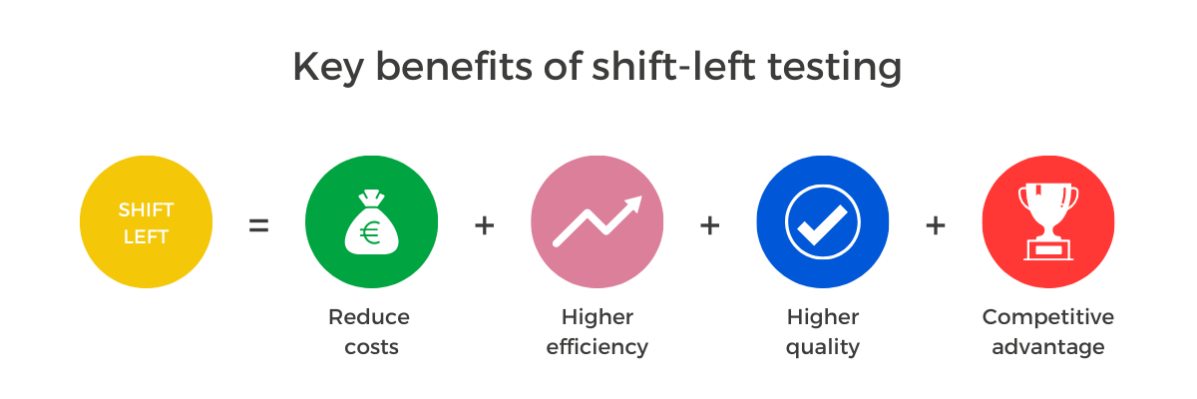The ROI of investing in software testing training for your team
Software testing is a critical component of ensuring the quality and reliability of digital products. As you are increasingly relying on software to drive your operations and meet customer demands, the role of software testers has never been more important.
Now, let’s take a look at the organizational perspective. Investing in software testing training for your team can yield substantial returns. Here’s how:
1. Enhanced Product Quality
Well-trained testers are better equipped to identify and rectify defects early in the development cycle, leading to higher-quality software.
2. Cost Savings
Catching and addressing issues early during testing is more cost-effective than dealing with them post-production. Fixing bugs can be significantly more expensive.
Even more so if you educate your testers in and apply the shift-left testing approach.

3. Costs of Poor Quality
One example is that quality software equates to happier customers. Reduced bugs and a smoother user experience lead to increased customer satisfaction and loyalty.
These ‘costs of poor quality’ such as loyalty loss, lost opportunities and sales, warranties, complaints, support tickets, downtime, debugging, development rework, extra confirmation and regression testing, low morale, … are often forgotten or downsized.
4. Faster Time-to-Market
Efficient testing processes and approaches, driven by skilled testers, speed up the development cycle and enable your organization to release products more quickly.
This gives you a significant competitive advantage, because high-quality software sets your organization apart from competitors and can be a key differentiator in the market.
Conclusion
So, whether you’re an aspiring software tester or a decision-maker within an organization, understanding the significance of software testing skills and training is paramount. For individuals, it opens doors to a rewarding career, while for businesses, it’s an investment that pays off in terms of product quality, cost savings, and customer satisfaction. Elevating your testing skills and investing in your team’s training is a win-win for all involved parties, contributing to your success!
